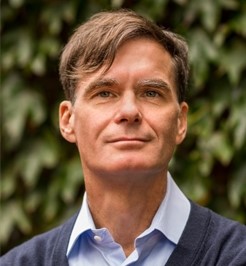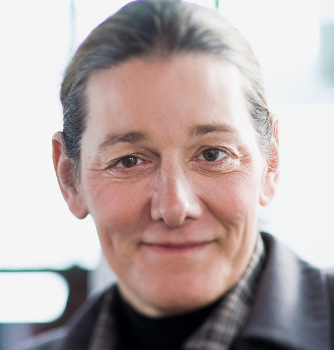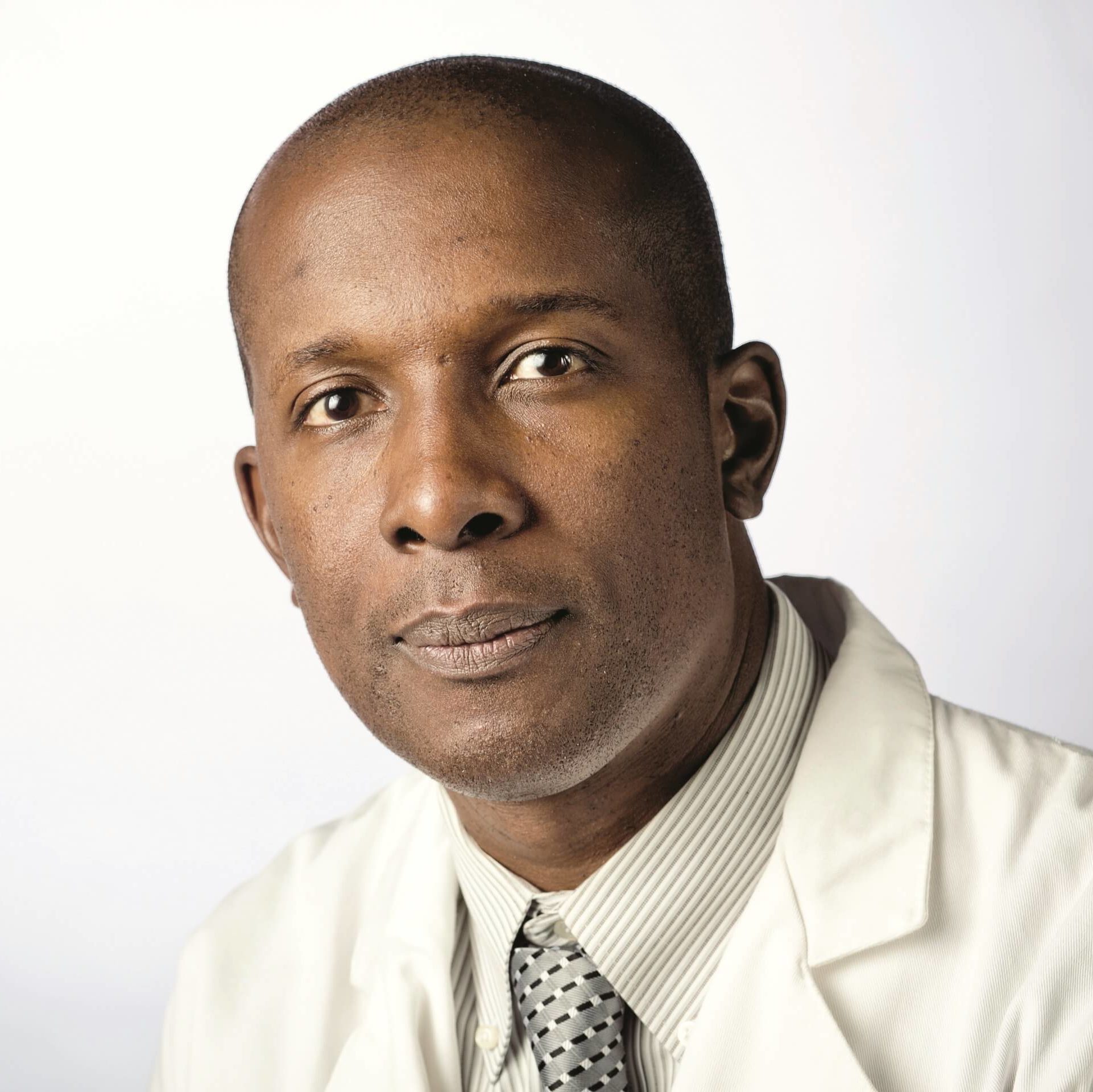
Jason Karlawish
Jason Karlawish
Physician and writer Jason Karlawish is an internationally recognized expert on issues at the intersections of bioethics, aging and the neurosciences. His most notable contributions address the challenges presented by Alzheimer’s disease. A professor of Medicine, Medical Ethics and Health Policy, and Neurology at the University of Pennsylvania, he cares for patients at the Penn Memory Center, which he co-directs, and leads the Penn Program for Precision Medicine for the Brain (P3MB).
Jason Karlawish studied medicine at Northwestern University. And, he trained in internal medicine and geriatric medicine at Johns Hopkins University and the University of Chicago. He lives in Philadelphia.
He is the author of Open Wound: The Tragic Obsession of Dr. William Beaumont. The novel based on true events along the 19th century American frontier. His book, The Disease of the Century, is a compelling and revelatory account of how Alzheimer’s disease became a crisis and the steps needed to address it. Among its key messages is that better diagnostics and therapeutics are only part of the solution.
Aging and Bioethics Research
His essays on aging, ethics and Alzheimer’s disease—feature in venues such as Forbes.com, The Hill, The New York Times, The Philadelphia Inquirer, STAT News, and The Washington Post. These essays have translated complex and nuanced issues in medicine, aging, ethics and policy into clear messages. In addition, they advanced provocative and innovative ideas to address the challenges aging presents to the United States.
Numerous journals, textbooks, and testimonies have published and cited Jason’s research. Those include leading peer reviewed journals and textbooks of medicine and bioethics. His research features in testimonies to the Senate Select Committee on Aging, the Department of Housing and Urban Development, the Senate Committee on Finance, and the Department of Health and Human Services Subcommittee on the Inclusion of Individuals with Impaired Decision-making in Research. And also, the State of Vermont, the U.S. Election Assistance Commission, and the U.S. Government Accountability Office.
Main Role
| Book Cover | Details |
|---|---|
|
Trade Paperback
|
A definitive and compelling book on one of today's most prevalent illnesses.
In 2020, an estimated 5.8 million Americans had Alzheimer’s, and more than half a million died because of the disease and its devastating complications. 16 million caregivers are responsible for paying as much as half of the $226 billion annual co...Read More
|
What’s the difference between Alzheimer’s disease and dementia?
Of all the diseases of aging, Alzheimer’s remains the most misunderstood. Much of this can be traced to a varied, contradictory and multiplying lexicon. Karlawish walks the audience through the many terms, their changing definitions and the expected transformations.
The Birth of the Caregiver
Humans have been caring for each other since the birth of civilization. The Bible recounts the story of Ruth who took up caring for the aged Naomi. But Ruth is not described as her mother-in-law’s “caregiver.” In fact, for as timeless as caregivers are, the term “caregiver” is surprisingly modern. Karlawish explains why and how, in the waning decade of the 20th century, caregivers were at the cross hairs of fierce ideological battles over the role of women, the family and the welfare state. The battles have kept caregivers a vast, underpaid and undervalued workforce.
Whealthcare: how our brain entangles our health and our wealth
America is transforming. It’s aging. With aging two things happen. We accumulate more and more wealth for our well-being, pleasure, and legacy. We’re also more likely to experience cognitive impairments. Persons with cognitive impairment need care, but there are fewer and fewer people available to care for them, especially the free labor provide by family. Persons with cognitive impairment are at heightened risk to make errors in financial management or be victims of financial fraud or abuse. Together, these facts distill a powerful brew of challenges for America’s banking and financial services industries. This lecture will address issues at the intersections of cognitive health and wealth. Particular attention will be paid to “whealthcare.” Karlawish examines how financial firms might achieve this and look into the future of the monitored brain. Attendees will leave inspired to make changes in the ways they conduct business so that they can better serve the health and wealth of the older clients and their families.
Why Alzheimer’s became a crisis and what we can do about it
At the beginning of the 20th century, Alzheimer’s disease was unnamed, and then it was called a rare disease. By the close of the 20th century, it came to be seen as common, and then, in just three decades, transformed into a crisis. The standard answer for this is aging. There are more perons over 65 than in any period of recorded history. This is true, but it is only part of the story of why Alzheimer’s transformed into a crisis. Karlawish untangles a fascinating story that starts in the waning years of the Kaiser’s Germany and ends with the Republican Revolution.
Someday, quite soon, you will be diagnosed with Alzheimer’s before you have any memory problems.
Once upon a time, but not too long ago, a diagnosis of Alzheimer’s disease was tightly linked to a diagnosis of dementia. Since the beginning of the 21st century, a revolution in research has transformed that understanding. Doctors can diagnose the disease before a person has any memory problems, just as they diagnose and treat people with hypertension or heart disease. This same progress is uncovering novel challenges. The more scientists study the disease, the more they reveal it’s complex. Alzheimer’s disease is best thought of as not one disease but many diseases. Some treatable. Some not.
Five things we can do right now to live better with Alzheimer’s disease
Despite decades of research, Alzheimer’s disease remains untreatable. When compared to advances in cardiovascular care and care, this is poor progress. Even so, America can act now to improve the health and well-being of persons living with dementia and their families. Karlawish explains “shovel ready” innovations such as comprehensive memory centers, a well-trained health care workforce, community services and supports, hospital-based teams, and novel technologies in the home and even the workplace.
Lying and dying: The two great ethical challenges of living with Alzheimer’s disease
Someday we will have effective treatments for Alzheimer’s disease. And yet, we must expect that treatments will make a dent in the suffering, and yet, like cancer and heart disease, some will sicken despite treatment. We will still have to live with disability and even death caused by the disease. How will we do this? As cognitive problems worsen, caregivers – both families and professionals – struggle with questions about how best to care for persons with advancing dementia. Should they deceive a person who asks for a long-ago deceased relative? Should they continue to feed a person who requested no hand feeding if they’re too impaired to feed themselves? When is a person terminal and so entitled to aid in dying?
Check out Jason Karlawish’s work as a columnist for Forbes.
Read Jason Karlawish’s Wakley Prize winning essay in the London-based medical journal The Lancet.
Check out Jason Karlawish’s writing on living with cognitive impairments:
Read Jason Karlawish’s article in The Hill on Voting Rights for Older Adults.
Learn more about Jason Karlawish on his jasonkarlawish and follow him on Twitter.
Praise for The Problem of Alzheimer’s
“A lucid, opinionated history of the science, politics, and care involved in the fight against this century’s most problematic disease…a page-turning style…an outstanding primer that readers should put into the hands of their doctors.”
— A starred review from Kirkus Reviews“Karlawish has spent the majority of his career treating and studying Alzheimer’s patients, and guiding their families. Their shared experiences are at the heart of this book. He does not shy away from exploring some of the challenging realities they have faced together, but he also incorporates his considerable clinical experience and scientific wisdom that give both practical direction and hope to this struggle. If you wonder about what is possible in terms of making a difference in treating people with Alzheimer’s Disease and their families both now and within the foreseeable future, then I encourage you to read this book.”
— Timothy Quill, MD, Distinguished Professor of Palliative Care, University of Rochester School of Medicine“Pulling together descriptions of substantial progress in understanding the disease’s biology, a sociological tale of disease advocacy, human egos, and adverse impacts wrought by the disease, and a recognition of the disease’s economic and public health impacts, Jason Karlawish, a distinguished Alzheimer’s disease researcher and clinician, weaves together personal stories with a compelling narrative to tell a fascinating story of the medical-industrial complex, human suffering, and research progress.”
— Peter Rabins, co-author of The 36-Hour Day and author of Is It Alzheimer’s?“A meticulous and deeply researched inquiry into one of the most mysterious illnesses that affects humans. Karlawish blends history and science with his effortless storytelling abilities, resulting in an elegant work.”
— Siddhartha Mukherjee, NYT bestselling author of The Emperor of All Maladies and The Gene



